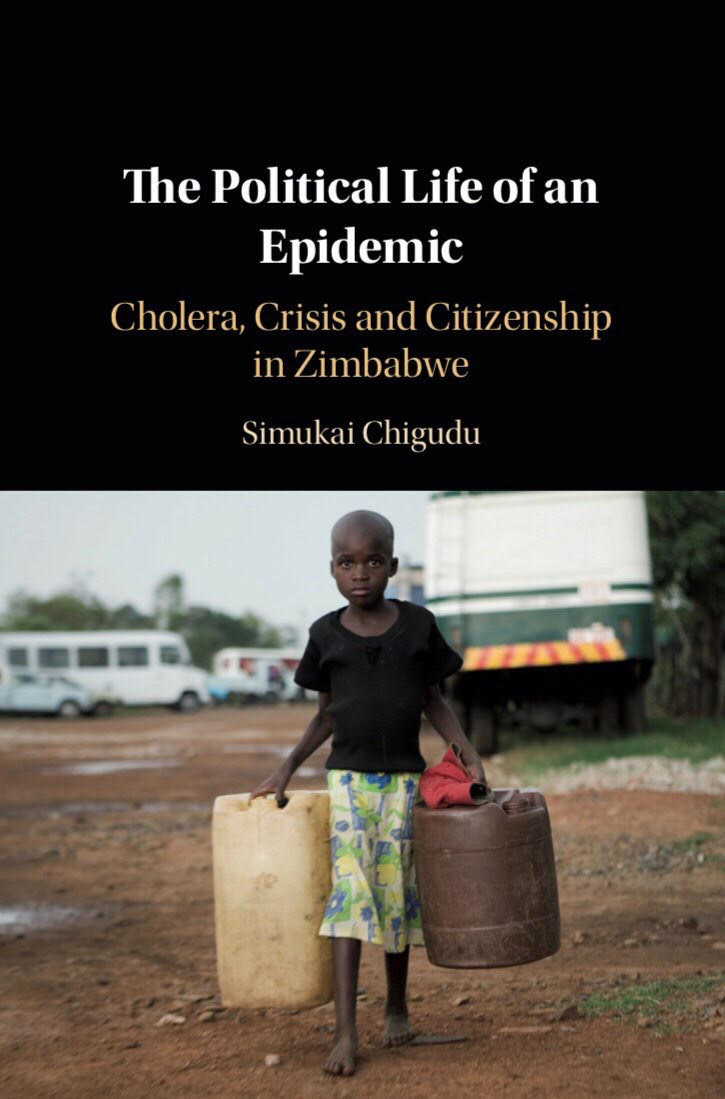

Most ebook files are in PDF format, so you can easily read them using various software such as Foxit Reader or directly on the Google Chrome browser.
Some ebook files are released by publishers in other formats such as .awz, .mobi, .epub, .fb2, etc. You may need to install specific software to read these formats on mobile/PC, such as Calibre.
Please read the tutorial at this link: https://ebookbell.com/faq
We offer FREE conversion to the popular formats you request; however, this may take some time. Therefore, right after payment, please email us, and we will try to provide the service as quickly as possible.
For some exceptional file formats or broken links (if any), please refrain from opening any disputes. Instead, email us first, and we will try to assist within a maximum of 6 hours.
EbookBell Team

0.0
0 reviewsZimbabwe's catastrophic cholera outbreak of 2008–9 saw an unprecedented number of people affected, with 100,000 cases and nearly 5,000 deaths. Cholera, however, was much more than a public health crisis: it represented the nadir of the country's deepening political and economic crisis of 2008. This study focuses on the political life of the cholera epidemic, tracing the historical origins of the outbreak, examining the social pattern of its unfolding and impact, analysing the institutional and communal responses to the disease, and marking the effects of its aftermath. Across different social and institutional settings, competing interpretations and experiences of the cholera epidemic created charged social and political debates. In his examination of these debates which surrounded the breakdown of Zimbabwe's public health infrastructure and failing bureaucratic order, the scope and limitations of disaster relief, and the country's profound levels of livelihood poverty and social inequality, Simukai Chigudu reveals how this epidemic of a preventable disease had profound implications for political institutions and citizenship in Zimbabwe.